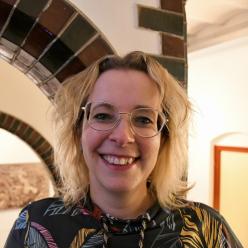Background
The human gut hosts trillions of bacteria, fungi, and viruses that collectively influence health and disease. These microbial communities are highly individualized and evolve continuously due to their short generation times and large population sizes. Despite their importance, the long-term evolution of gut microbes - especially in chronic conditions like inflammatory bowel disease (IBD) - remains largely unexplored. Fundamental questions include: How rapidly do gut microbes evolve? Which genes are under selective pressure? How does strain-level variation affect health? Addressing these questions is critical to understanding the dynamics of the gut microbiome and its role in human disease.
Project aims
This project combines computational and experimental approaches to understand gut microbiome evolution in health and disease. The PhD student will:
- Analyze longitudinal microbiome datasets spanning up to 15 years.
- Reconstruct bacterial genomes and model evolutionary mechanisms, including selective pressures, strain switching, and horizontal gene transfer.
- Compare evolutionary patterns across species and between healthy and dysbiotic gut microbiomes.
- Validate computational findings experimentally using culturomics, in-vitro models of oxidative stress, and host-microbiome interaction assays.
The project will generate novel insights into gut microbiome dynamics and their implications for human health, with potential to guide microbiome-based therapies.

